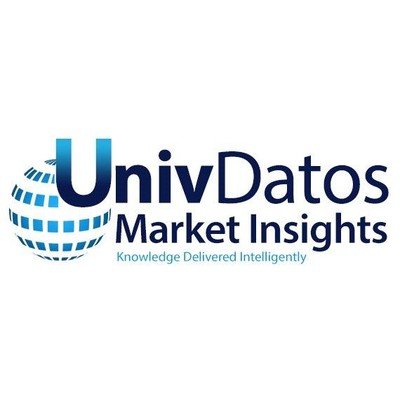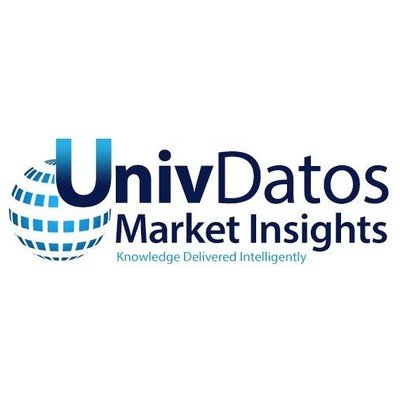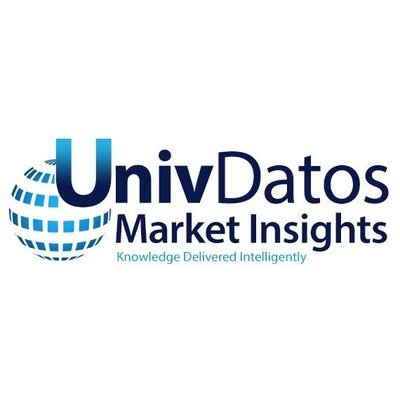AI in Education Market is anticipated to foresee a significant growth

The Asia-Pacific AI market in education sector stood at US$ 97.5 million in 2018 and is expected to grow at a CAGR of 53.2% during the forecasted period 2019-2025. AI can automate the expedition of administrative duties for teachers and academic institutions. Educators spend a lot of time on grading exams, assessing homework, and providing valuable responses to their students. But technology can be used to automate the grading tasks where multiple tests are involved. Educational tools enabled by AI have recently attracted attention for their potential to improve education quality and enhance traditional teaching and learning methods.
Both education leaders and staff in the education sector are equally positive about AI’s impact on jobs. The majority of education leaders (61%) and staff (61%) believe that AI will either help to do their existing jobs better or reduce repetitive tasks. Besides, both are optimistic about the impact AI will bring to their jobs, with 21% of education leaders believing that AI will create new jobs while 13% of staff agreeing so. AI-based Intelligent Tutor Systems (ITS), for example, can deliver precise support to students. Universities in Singapore and Malaysia are experimenting with predictive software that detects the likelihood of students dropping out of class.
Download Free Sample of this Report - https://univdatos.com/get-a-free-sample-form-php/?product_id=7043
Based on technology, the AI in education market is segmented into machine learning, deep learning, neural network, and natural language processing. In machine learning, algorithms are tested and tuned so that they can treat data automatically to generate certain desired results, such as predictions and decisions. For example, the UTIFEN platform takes all the success and failure pathways of its users into account and then creates “ideal” intervention models for learner success.
The AI in Education market is bifurcated into software, hardware, and services based on component type. The software dominated the market in 2018 generating the total revenue of US$ 57.2 million and is expected to maintain its dominance during the analyzed period. Companies like Carnegie Learning and Fuel Education apply artificial intelligence to K-12 learning. One of the most popular EdTech platforms, McGraw Hill’s ALEKS, is a web-based, AI-powered assessment and learning system that covers K-12, homeschool, and even college content. As with many other artificial intelligence domains, China has already leaped to the front of the pack in advancing AI-centered education.
Download Free Sample of this Report - https://univdatos.com/get-a-free-sample-form-php/?product_id=7043
Amongst end users, the market is segmented in preschool educational institutions, K-12 educational institutions, and higher educational institutions. The colleges and universities of the future are expected to rely on AI for optimal student acquisition. The institutions are anticipated to be able to narrowly define the “ideal” student and use AI to select the best candidates. This is due to the growth of marketing automation and predictive analytics to help with prospective student targeting and segmentation.
Additionally, for better investigation and penetration of Asia-Pacific Artificial Intelligence (AI) in Education, the report gives an in-detailed analysis of AI in education adoption across the Asia-Pacific. The market is classified into distinct countries including China, Japan, India, Australia, Singapore, and the Rest of Asia-Pacific. China dominated the market in 2018 and is expected to maintain its dominance during the forecast period. China is investing billions in artificial intelligence, and a substantial portion centers around education technology. Aside from government support, Chinese EdTech firms are also buoyed by heavy spending from the Chinese middle class. The importance of education in Chinese culture has deep roots. One study, detailed in the South China Morning Post, highlights that families with preschoolers spent on average 26% of their income on education, and families with K12 children spent 20% of their income on education-related expenses. In Singapore, AI skills are considered one of the four core abilities that will help the country strengthen its digital readiness, which is why the government has introduced experimental coding classes for all upper primary pupils. Singapore is also experimenting with funding “individual learning accounts”, which adults can use to support training courses throughout their lives.
For more informative information, please visit us – https://univdatos.com/report/asia-pacific-market-insights-on-artificial-intelligence-ai-in-education-sector/
The leading market players operating in the Asia-Pacific AI in Education sector include Google, Microsoft Corp, Intel Corporation, IBM, Qualcomm, General Electric, Next IT, Siemens, Samsung, and SAP SE. Among all, Google dominates the current market. Looking at the growth potential, other players are also investing heavily in AI technology to uplift the education sector in the Asia-Pacific region.
Asia-Pacific Artificial Intelligence (AI) in Education Market Segmentation
Market Insights, by Technology
- Machine Learning
- Deep Learning
- Neural Network
- Natural Language Processing
Market Insights, by Component
- Software
- Services
- Hardware
Market Insights, by End-Users
- Pre- School Educational Institutions
- K-12 Educational Institutions
- Higher Educational Institutions
Market Insights, by Country
- China
- Japan
- India
- Australia
- Singapore
- Rest of Asia-Pacific
Top Company Profiles
- Microsoft Corporation
- IBM Corporation
- Google Inc.
- SAP SE
- AT&T Inc.
- Siemens AG
- Samsung Electronics Co., Ltd
- Next IT Corporation
- General Electric Company
- Qualcomm Incorporated

Taking Farming To The Next Level Using Bio Capsules
- Indian Institute of Spices Research, has begun acquiring acknowledgment among the cultivating or agricultural area.

Gene Therapy Market Report, Analysis 2021 with Top-Countries Data, Growth Opportunities - UMI
- The gene therapy market report has been aggregated by collecting informative data of various dynamics such as market drivers, restraints

Concentrating Solar Power Market Report, Size Segments and Growth 2027
- The report has been aggregated by collecting informative data from various dynamics such as market drivers, restraints, and opportunities.

Excuses For Staying In Almost Relationships3
- An emotional relationship is a personal relationship which involves emotional or physical intimacy. While an emotional relationship